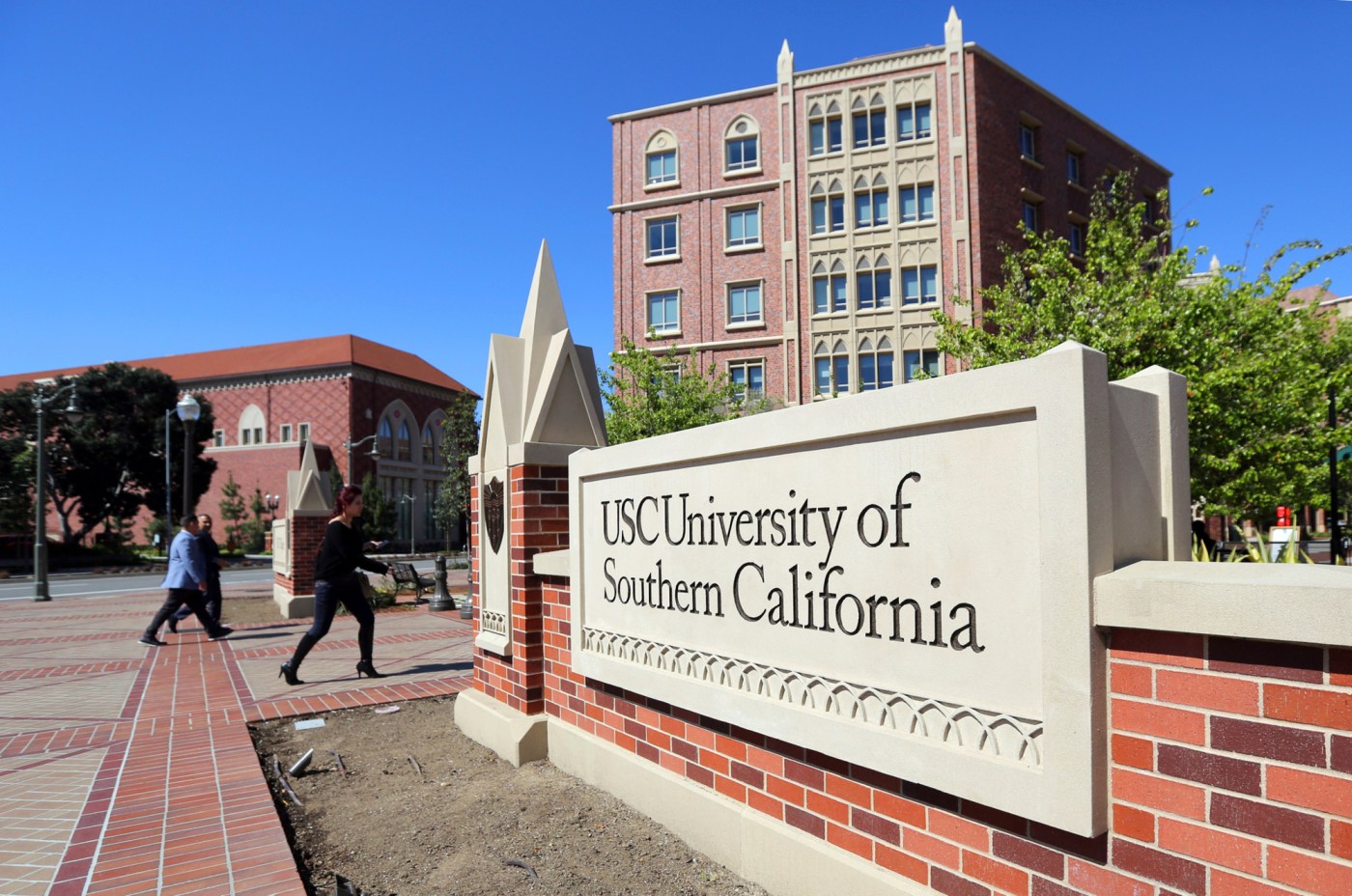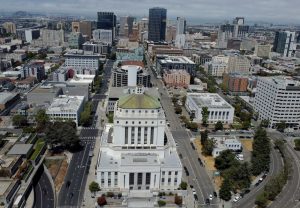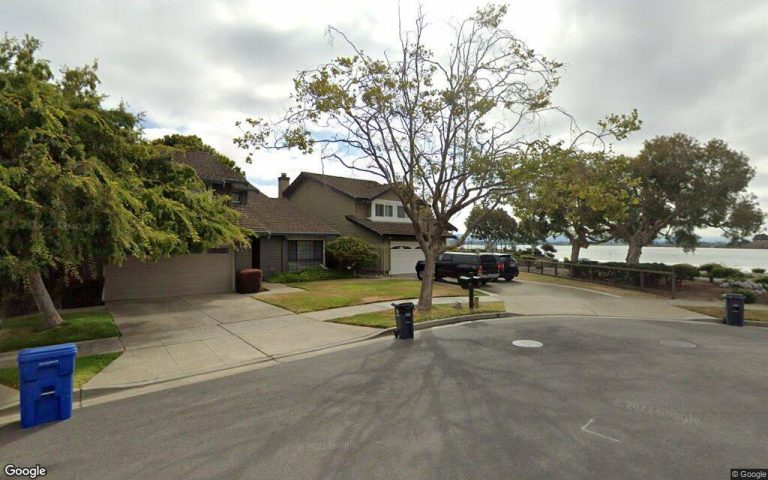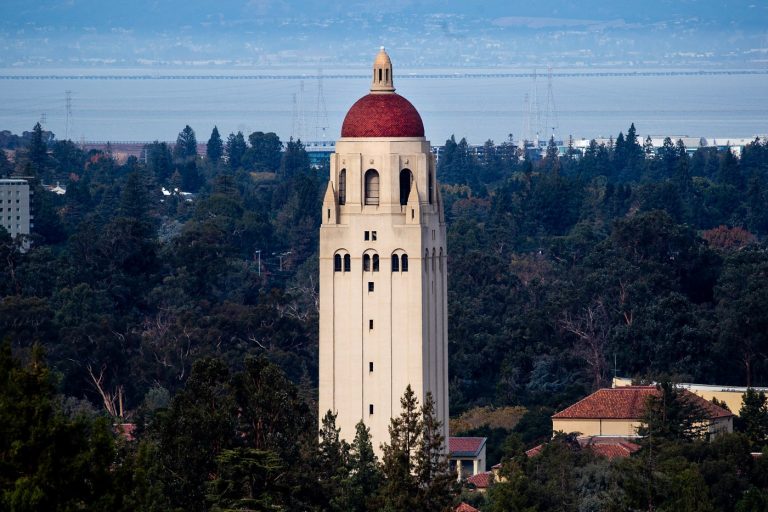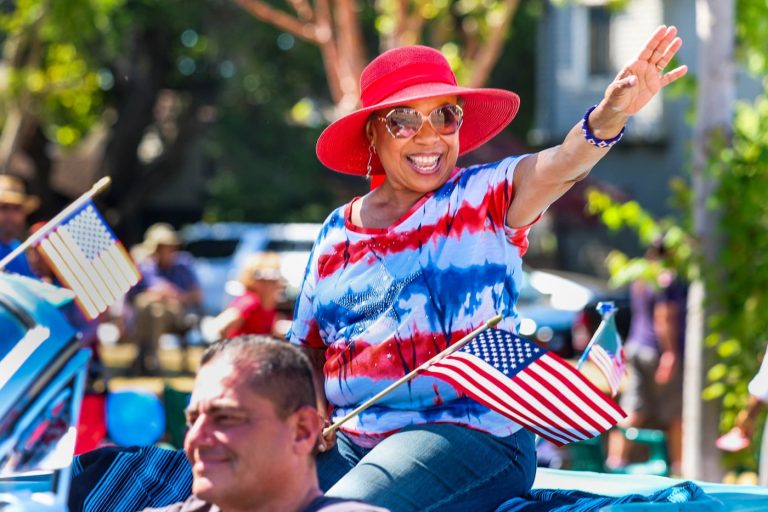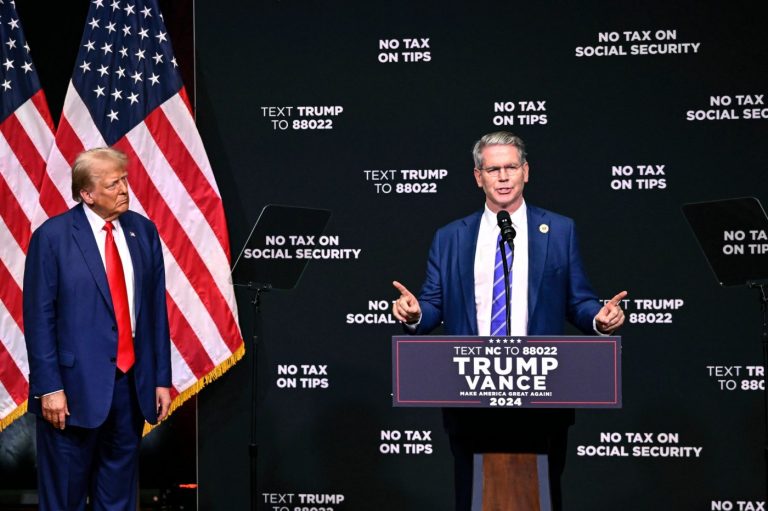California could become the fifth state to ban private colleges and universities from giving preferential treatment to applicants who have ties to alumni or donors under a bill lawmakers have sent to the governor’s desk.
“Equal opportunity is the name of the game here,” said the bill’s author, San Francisco Assemblymember Phil Ting. “Everyone should be considered fairly. Hard work, good grades and a well-rounded background should earn you a spot in the incoming class – not the size of the check your family can write or who you’re related to. If we value diversity in higher education, we must level the playing field. That means making the college application process more fair and equitable.”
If signed, AB 1780 would take effect on Sept. 1, 2025 and California would join Illinois, Maryland, Colorado and Virginia in enacting legacy admissions bans, a practice Ting said often results in a wealthier, less racially diverse student body.
Ting’s office said the bill comes in response to the U.S. Supreme Court’s ban on race considerations in the college admissions process.
“If race can’t be a factor,” Ting and other supporters believe, his office said in a news release that “wealth or relationships shouldn’t be considered either.”
The bill builds on existing legislation introduced by Ting in 2019, which required colleges to disclose whether any of the school’s admitted students have a relationship to a donor or alumni and how many of those students did not otherwise meet the criteria for admission.
While the University of California, California State University and community colleges don’t consider legacy or donor ties in the admissions process, several private California universities prioritize applicants related to alumni and big donors.
Ting’s office said that according to the latest reports submitted to the state, the University of Southern California had the most admitted students with ties to graduates and donors, with 1,791 offered admission for the fall of 2023. USC reports that 8,094 students were offered admission last fall, about 10% of the total applications.
Stanford University followed, with 295 students with legacy or donor ties offered admission in the fall of 2023, Ting’s office said. Stanford lists 2,099 total students who were offered admission last fall.
Santa Clara University reported that just 38 students with legacy ties were offered admission last fall—far fewer than the 1,133 students the year before. Santa Clara University reported admitting a total of 8,261 freshman applicants last fall.
Santa Clara University said it has not taken a position on the legislation and will comply with the law, if enacted.
“Our aggressive outreach and support programs are achieving an increasingly diverse student body, reflecting our commitment to provide educational opportunities to talented students from all communities,” said Deepa Arora, the university’s senior director of communications.
Stanford said the university hasn’t taken a position on the bill and is “continuing to review the legislation carefully.”
The bill awaiting Newsom’s signature is a watered-down version of the original, which would have prohibited California’s private universities from receiving funding through the Cal Grant student financial aid program if they gave preferential admissions treatment to applicants with donor or alumni connections.
Instead, the current version of the bill allows the California Attorney General’s Office to look into a university suspected of violating the ban on legacy and donor admissions. If found to be true, AB 1780 requires that school to submit more detailed reporting of students given preferential treatment than what is mandated under Ting’s previous bill, AB 697.
The Association of Independent California Colleges & Universities opposed the bill, arguing that the original version would have threatened low-income students access to the Cal Grant program.
Supporters of the bill include the Associated Students of Stanford University and the University of California Student Association.
The State Senate voted 26-5 last Wednesday to approve Ting’s bill and send it to the governor. Opposing the bill were Republican Senators Marie Alvarado-Gil, Brian Jones, Roger Niello, Kelly Seyarto and Scott Wilk.
Newsom has until Sept. 30 to decide on bills passed in the final days of the legislative session.
